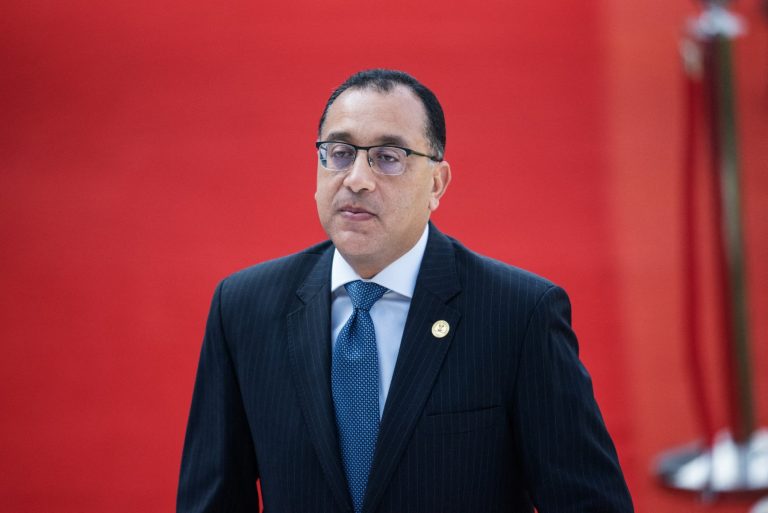São Paulo – Egypt announced a six-month waiver of import tariffs levied on a range of food products, which could boost exports of Brazilian products such as poultry. Egyptian Prime Minister Mostafa Madbouly (pictured)’s decree was published in the Official Federal Gazette on Tuesday (10) and applies to all supplying countries.
The waiver encompasses foods such as different types of poultry (fresh and frozen whole chickens, chicken cuts and giblets), edible offal (fresh, chilled or frozen beef, pork sheep or goat), dairy products, butter, cheese, tea, hydrogenated animal or vegetable fats and oils, and others.
“This Egyptian initiative opens up to more poultry products from Brazil a market that used to only import whole chickens in a small weight ranging from 800 grams to 1.5 kg. Now, we have the opportunity to diversify our export basket with whole chickens of different sizes, cuts like breast, thigh, drumstick and giblets, and others,” said the CEO & secretary-general of the Arab-Brazilian Chamber of Commerce (ABCC), Tamer Mansour.
The executive said the measure could boost exports from Brazilian meatpackers and also means a great opportunity for medium and small companies to enter this market. According to the Brazilian meat lobby ABPA, whole chickens, the main product exported to Egypt, had a 30% tariff, which is now waived.
Brazil is the leading supplier of whole chickens to the Egyptian market, with an over 90% share of the country’s imports, according to ABPA. “With the waiver of the tariff, the expectation is the Brazilian product will become more competitive, complementing the local supply, which has been impacted by the effects of avian influenza in its territory and increased production costs,” the president of ABPA, Ricardo Santin, was quoted as saying in a statement.
Mansour said the measure in favor of imports was taken because of the challenging situation the Egyptian economy is going through. According to him, many farms have closed since the pandemic, some unable to recover after bird flu cases were reported in the country. Furthermore, Egyptians face difficulty importing inputs and obtaining foreign currency. “The government was forced to allow poultry imports to cover this food gap, with it being a priority food,” said Mansour.
In Egypt, the measure was well received by the productive sector. The vice-president of the Chamber of Grain Industries of Egypt, Abdel Ghaffar Al-Salamouni, highlighted the decision could boost the supply of food products at lower prices, reducing the costs for citizens in light of the problematic circumstances most countries in the world are facing. He highlighted the Egyptian government guaranteed food supplies during difficult times such as the pandemic and the Russian-Ukrainian war.
With information from ANBA’s Omar Assi in Cairo
Translated by Elúsio Brasileiro




